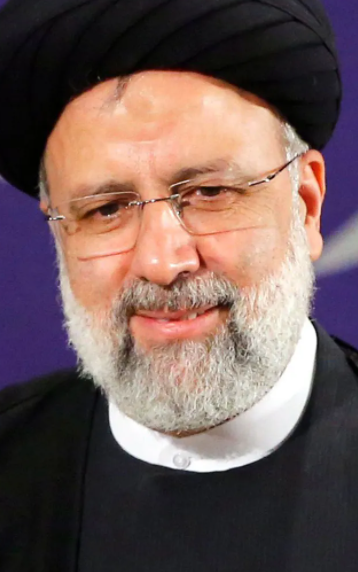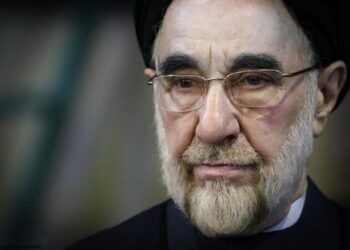March 25, 2022

The Iran Times has selected President Ebrahim Raisi as the Newsmaker of the year 1400 within Iran and Nazanin Zaghari-Ratcliffe as the Newsmaker of the year from within the Diaspora.
Each year the editors of the Iran Times look back over the news pages of the year and select those who have had the most impact on the news during the year.
There was little question this year. Raisi has dominated the news pages ever since he started running for president a year ago. And Nazanin has dominated the news among Iranian expatriates for a long time.
Their total dominance is largely due to outside forces. Raisi hasn’t really done much as president; he has largely dominated the news pages because no other figure—in his cabinet or in the Majlis—has captured the public eye. Even his election was largely engineered by outside forces who prevented any major challenger from getting on the ballot. And Nazanin has become a newsmaker chiefly because of her husband’s campaigning or her behalf to win her release.
The Nazanin saga came to a close only days before Now Ruz as Iran suddenly freed her and sent her home to London after six years of detention in Tehran. The couple is expected to revert quickly to private status and seek to avoid publicity in the coming year. But the Islamic Republic still detains two other British-Iranian dual nationals, so it continues to be able to exert hostage pressure on London.

As for Raisi, presidents are always major newsmakers in Iran and in every country. But the strange thing is how Raisi has so dominated the news in Iran while actually doing so very little.
He gives numerous speeches and travels constantly to the provinces where he makes additional public appearances. But the theme of his activities to date has been to order his ministries to resolve problems; he has himself announced few initiatives.
His appointments have been numerous, but largely faceless. No minister has taken a commanding position over the subject matter of his ministry.
In the economy—the most challenging topic facing Iran—Raisi has named such a wide array of appointees that no one is in charge and their competing agendas appear to be canceling each other out.
The newsmaking roles of Raisi and Nazanin were so clear that it was difficult for the editors of the Iran Times to select runners-up within Iran and within the Diaspora. But they eventually named the water protesters who pleaded with the regime last year to come up with a solution to the country’s desperate water situation, as the runners-up within Iran. Within the Diaspora, the editors named Masih Alinejad, the Brooklyn-based activist for women’s rights and against the dress code mandate, whom the regime tried to kidnap last year and return to Iran.















